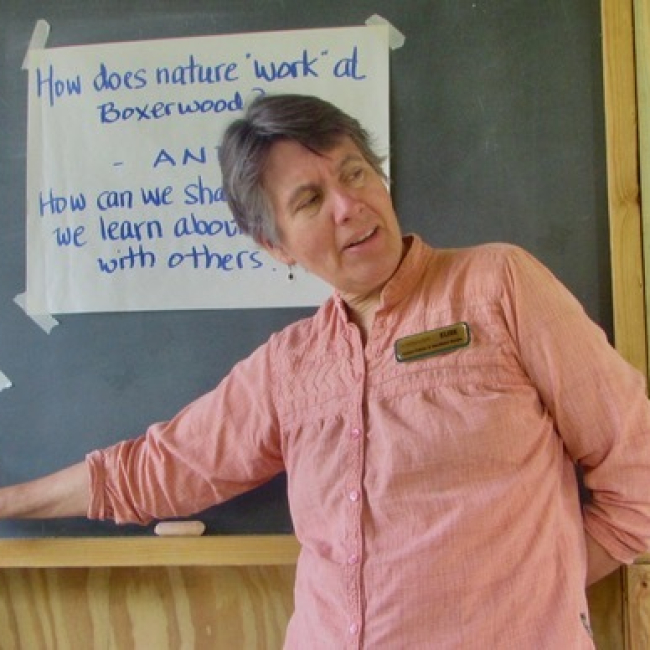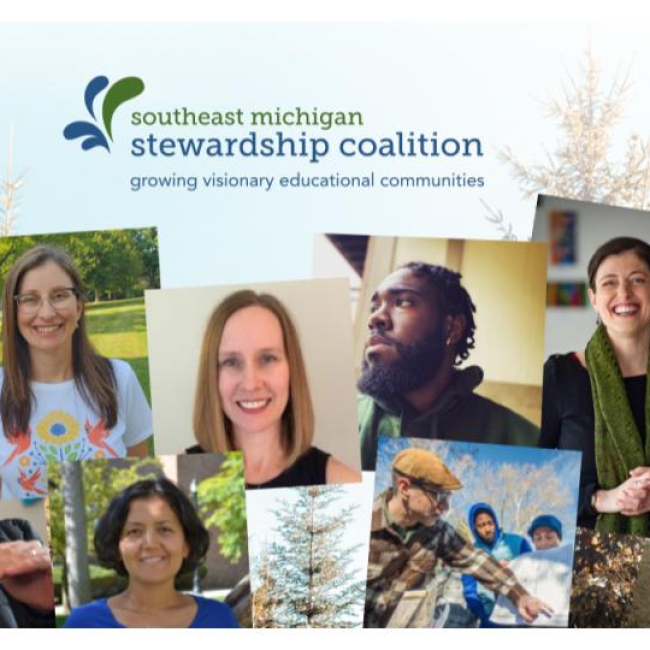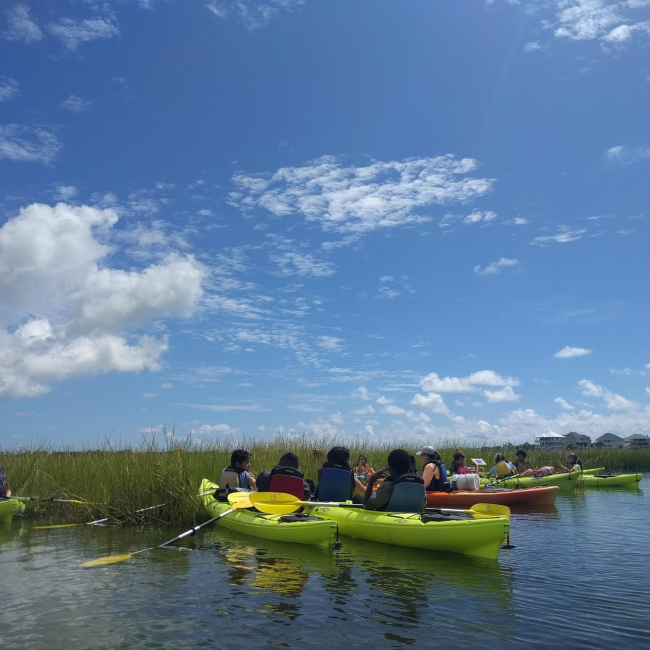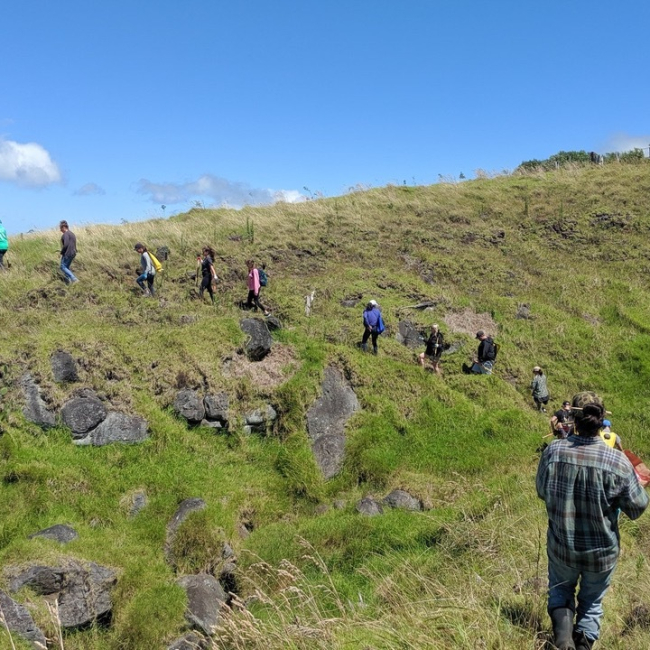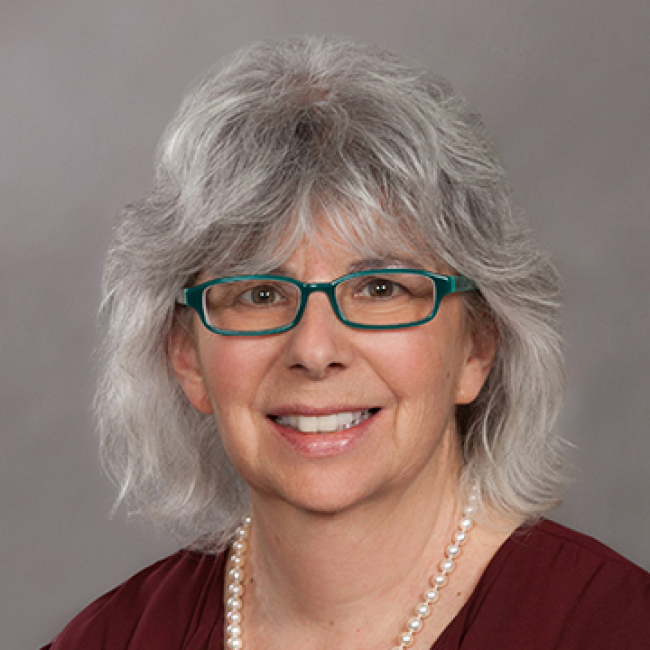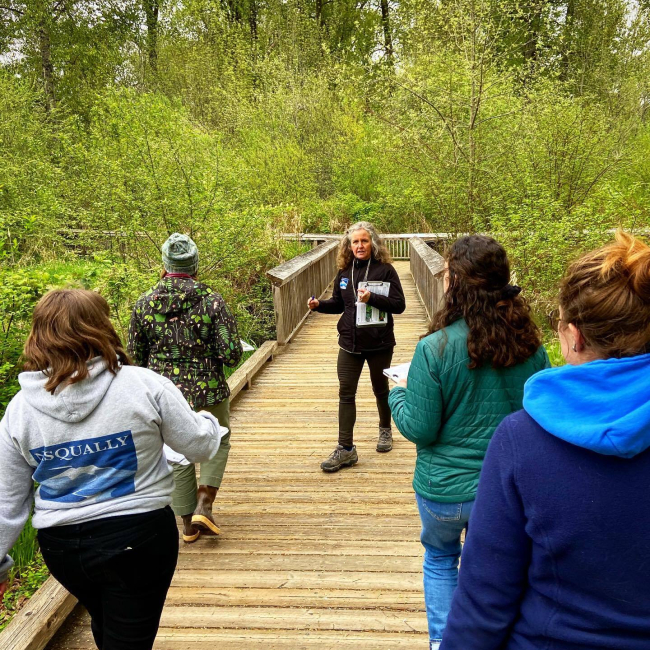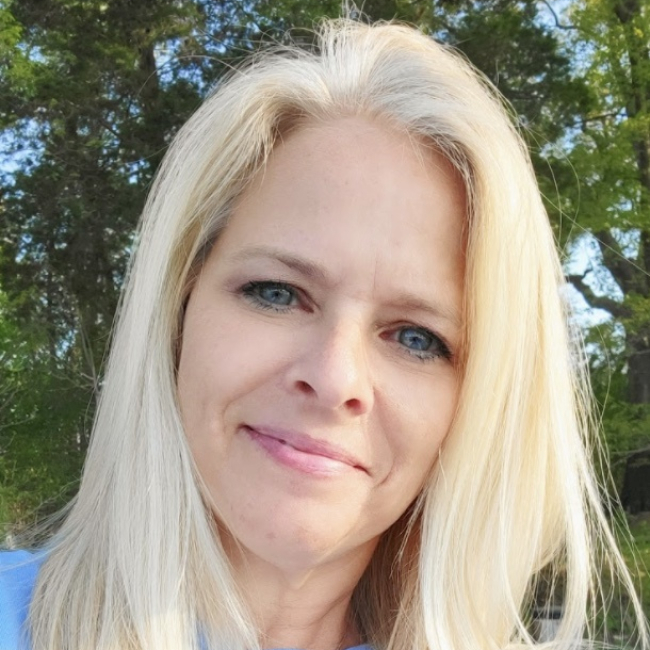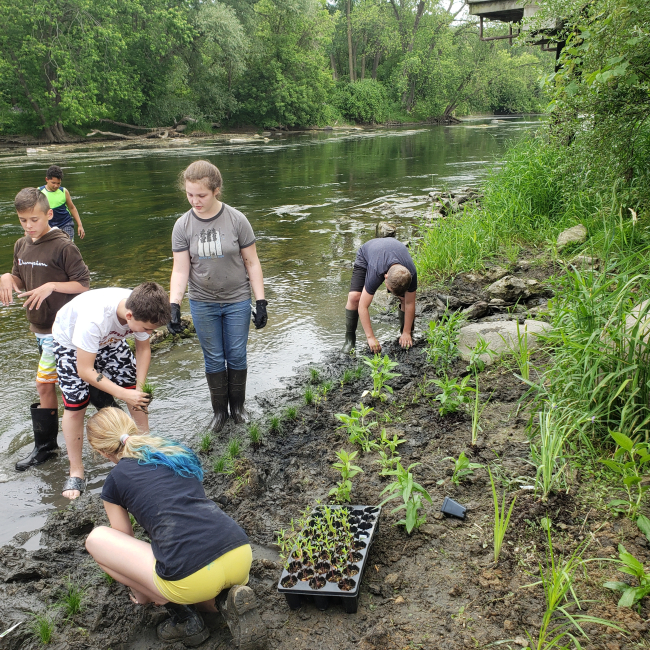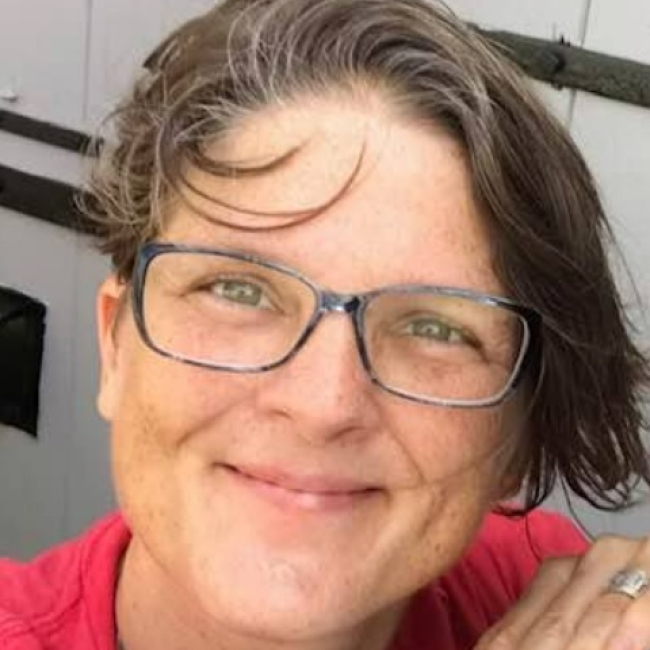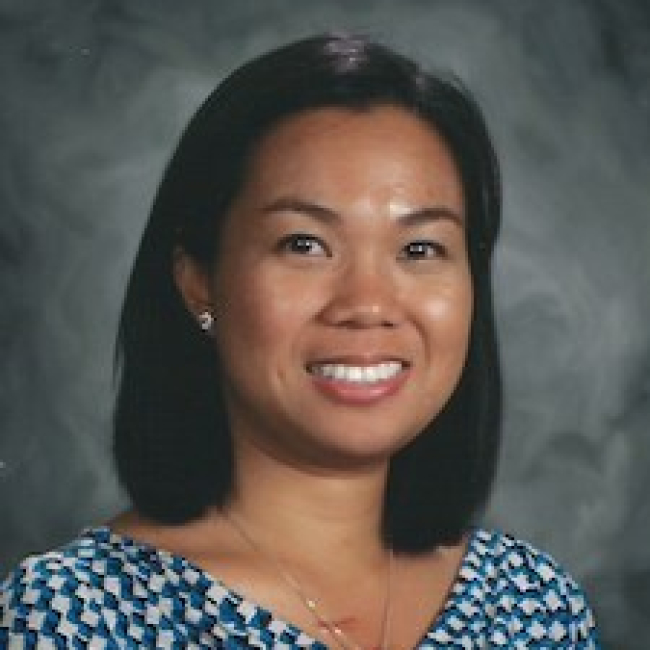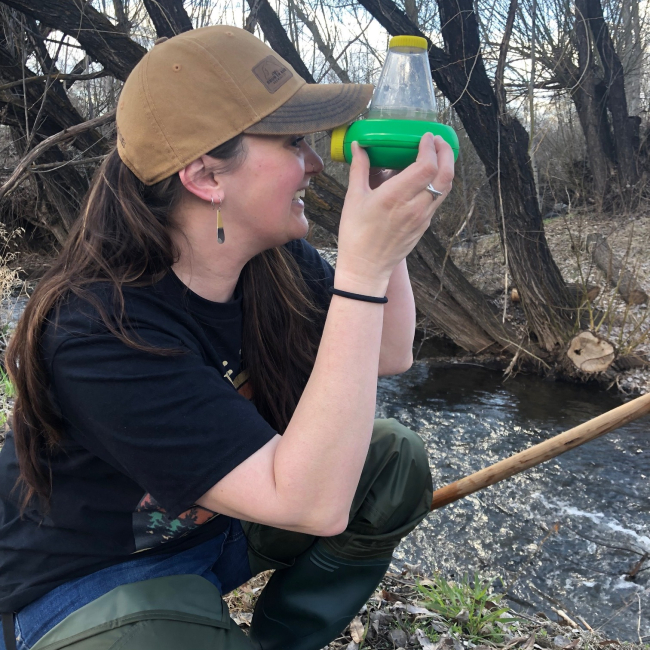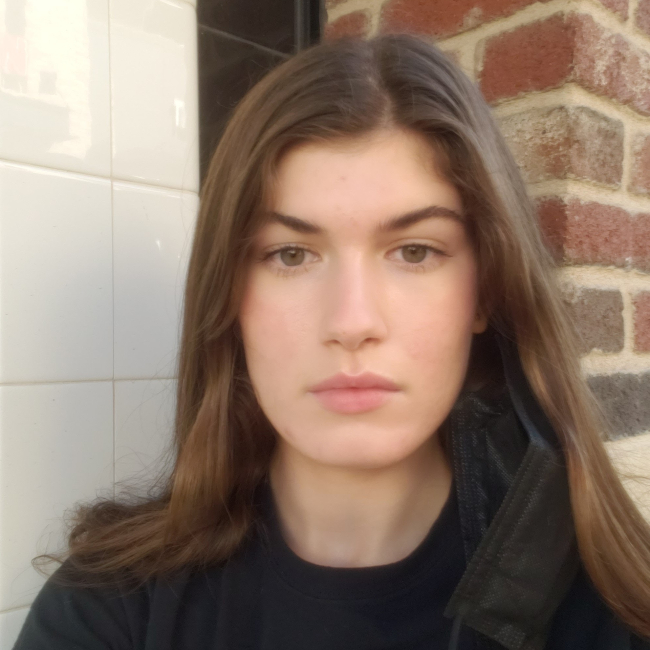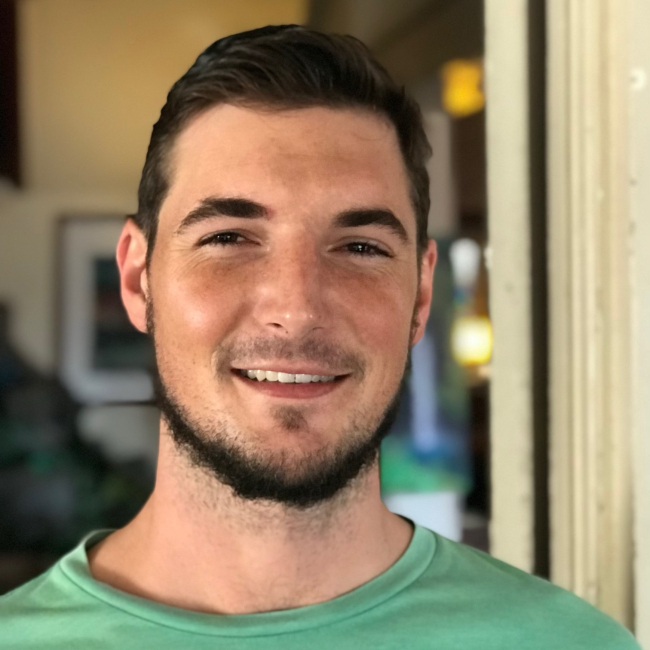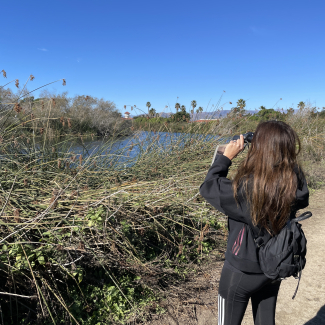
MERITO Foundation
The B-WET MWEE framework has been for me a pathway to successfully design programs and projects that fulfill most gaps in environmental education.
What is your name and current job?
Rocío Lozano-Knowlton, Founder & Executive Director, Multicultural Education for Resource Issues Threatening Oceans (MERITO) Foundation Inc., Ventura, California.
How has the NOAA Bay Watershed Education and Training (B-WET) program helped you grow personally and/or professionally?
More than anyone could imagine! The goals, framework, and best practices of the B-WET program completely align to what I believe in and what I have been doing since 2005.
I co-founded the MERITO Foundation in 2014 after 10 years of experience as the MERITO Program Coordinator for the Channel Islands National Marine Sanctuary. During that time, I learned, among many other things, that an educated community is key to sustain and protect the ocean, that all communities need to participate, and that environmental education is effective when it is inclusive and equitable. This is only feasible when the environmental education gaps of the target community are addressed. The B-WET Meaningful Watershed Educational Experience (MWEE) framework has been for me a pathway to successfully design programs and projects that fulfill most gaps in environmental education. Through the MERITO Foundation I have been able to expand my scope and reach, now immersing close to 4,000 youths per year in ocean protection. The MERITO Foundation is a charitable nongovernmental organization dedicated to engaging multicultural youth and their communities in ocean protection by providing them with meaningful environmental education, hands-on conservation, participation in scientific research, and environmental advocacy. We also build capacity among educators to integrate ocean and climate literacy in any education setting.
Has B-WET and learning about the MWEE framework enabled or helped you improve your programs? If so, how?
B-WET’s MWEEs have helped me meet the long list of regional communities’ challenges while overcoming barriers and implementing strategies to fulfill many of the gaps in environmental education. B-WET and the MWEE framework have helped me address gaps including:
- Developing, adapting, or using culturally relevant, bilingual, hands-on environmental education curriculum that is aligned with standards
- Providing capacity-building for educators in the areas of ocean, climate, and environmental sciences
- Providing opportunities for economically disadvantaged youth to engage in meaningful and positive field experiences that make evident the connections between our watershed, our coast, and the Channel Islands
What challenges has B-WET or the MWEE framework helped you to address?
Outdoor environmental education was practically absent before B-WET existed in this region in 2005. It was very difficult for me to obtain authorizations from school districts to allow MERITO to take students to the beach or the Channel Islands National Marine Sanctuary and National Park. There was fear of liability, and no sense of usefulness academically. Things have changed, there are many more environmental education providers, curricula, and desire from school administrators to integrate environmental education. Teachers and administrators are adopting and promoting outdoor environmental education like nothing I have seen before.
How has your B-WET project impacted the student participants or the community?
I have administered and analyzed environmental education evaluation data for over 10,000 students who participated in our B-WET-funded projects. Almost all have shown that students' exposure to our B-WET-funded projects is correlated with a positive and statistically significant cognitive impact. However, I can say the most remarkable impacts of the projects I have witnessed are when I am greeted at a restaurant or supermarket by young adults who remember their MWEE and how it influenced their professional decisions, or when I get an email from a retired teacher telling me how the best of their career was the time they participated with their students in our environmental education programs.




